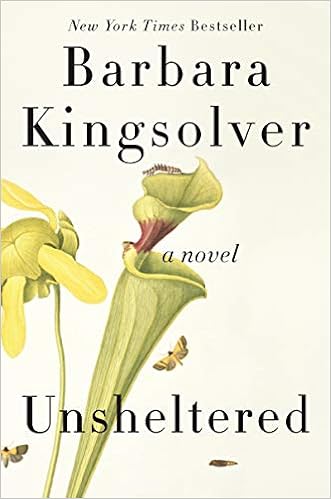| The Two-Family House |
It’s 1947, and Brooklyn housewives Helen and Rose share
many things. Married to brothers Abe and
Mort, the two women are friends and confidantes. Both families even live in the same house –
Abe, Helen and their four boys live upstairs, while Rose, Mort and their three
girls live downstairs. When Helen and
Rose discover they are both pregnant at the same time, they are thrilled.
But the two brothers couldn’t be more different. Abe is big-hearted and gregarious, always
showing his family affection and love.
Mort is sullen and bitter, and blames Rose for not giving him a son.
As the pregnancies progress, Helen finds herself wishing
for a daughter – someone who would eventually share thoughts and feelings with
her. She doesn’t see this happening with
her rambunctious boys.
Rose, however, finds herself desperate for a boy. She feels that having a son is the only way
to win back her husband’s favour. Her
anxiety level grows higher with each passing day.
One winter night, with both men out of town, a blizzard
strikes their Brooklyn home. Both women
go into labour. Streets are impassable
and the ambulance will not come. Helen
and Rose contact a local midwife. With
the older children minding the younger ones upstairs, two babies are born.
That night, something changes between Helen and
Rose. Although the two women share a
deeper bond than ever, Rose begins to pull away from Helen. Helen’s daughter, Natalie and Rose’s son,
Teddy, are joyous additions to the family.
Natalie and Teddy, in fact, become close friends. But Rose’s unhappiness is palpable and
manifests itself through neglect of her children and her relationships. Over time, her children become alienated from
her, often preferring Helen’s company.
The two-family honeymoon is over.
Time goes on and the families drift apart. Luckily, Teddy and Natalie continue their
friendship and link the families together.
Only Judith, Rose’s eldest daughter, is old enough to remember her
mother as she once was and the happy days of family solidarity. Judith always wonders, what triggered this
divide?
Can family secrets be maintained forever? Should they be? As the children become adults, the two women
at the heart of each family must decide.
Told from the perspective of different family members, The
Two-Family House spans a generation.
Poignant and readable, this family saga examines both sorrows and
regrets, and the love shared over many years.
